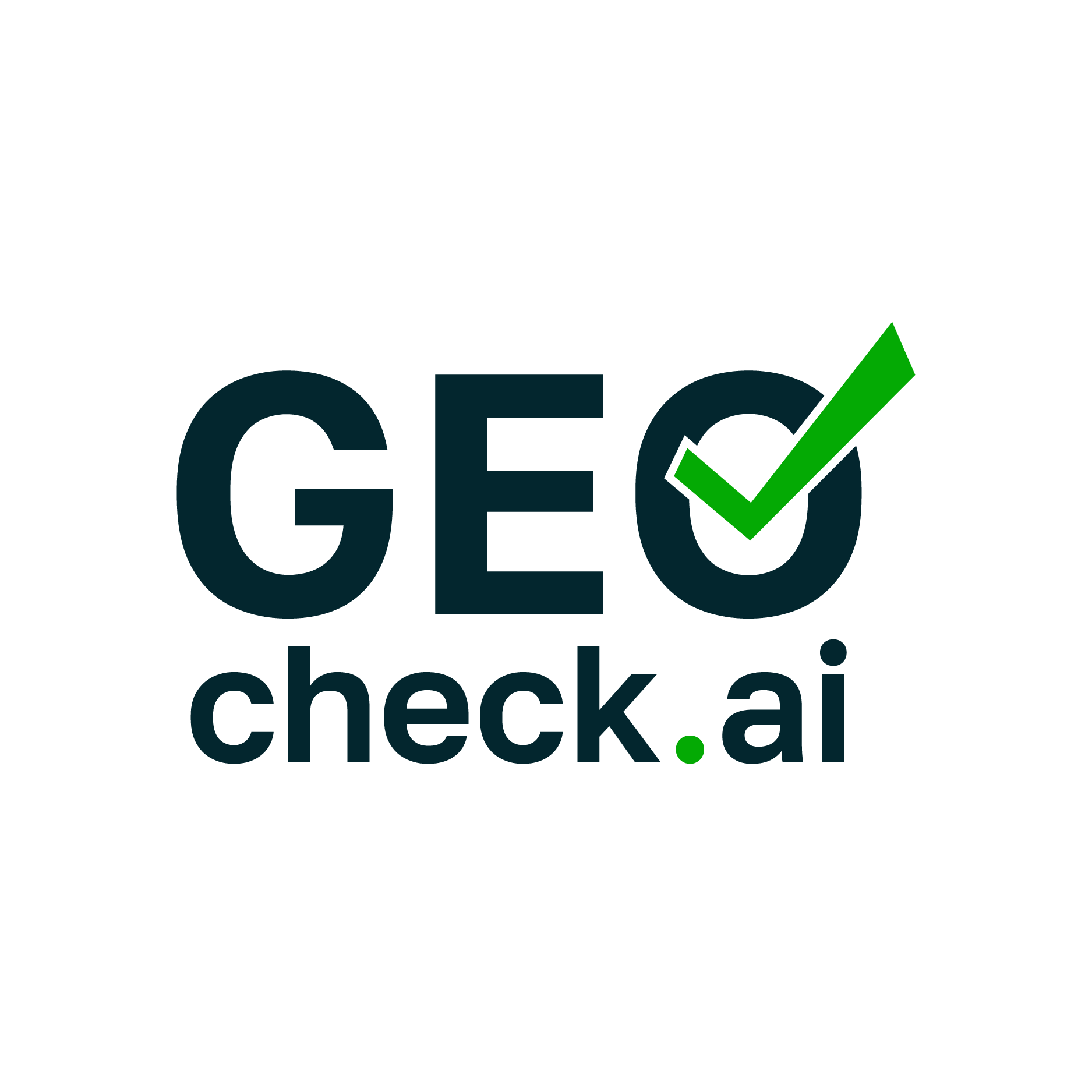Remember when search results were just a list of blue links? Those days are rapidly fading. Google’s Search Generative Experience (SGE) is no longer just a beta feature; it’s a fundamental shift in how users find information and, crucially, how Google *understands* and *indexes* content. For content creators and SEOs, this isn’t just an update – it’s a paradigm change. If you’re wondering how Google SGE changes content indexing and what it means for your brand’s visibility, you’re in the right place.
## What is Google SGE?
Google SGE is an AI-powered experience integrated directly into Search. Instead of just presenting links, SGE generates a direct answer or summary at the top of the Search Engine Results Page (SERP), often drawing information from multiple sources. This “snapshot” aims to provide users with immediate, comprehensive answers, powered by Google’s advanced AI models.
## The Evolution of Indexing: From Keywords to Comprehension
Traditionally, search engine indexing focused heavily on keywords, backlinks, and on-page optimization signals. Google crawled pages, extracted keywords, analyzed link structures, and ranked content based on these metrics. It was largely a process of pattern matching.
However, Google SGE requires a far deeper level of comprehension. It’s moving beyond mere keyword recognition to understanding the *meaning*, *context*, and *relationships* within your content. This means Google’s AI isn’t just *indexing* your words; it’s *understanding* your concepts.
## Key Ways Google SGE Changes Content Indexing
### Semantic Understanding & Entity Recognition
SGE indexes content based on the entities it describes and the relationships between them. For example, if you write about “organic coffee beans from Ethiopia,” SGE aims to understand that “Ethiopia” is a country, “coffee beans” are a product, and “organic” is a characteristic. It indexes your content not just for the keywords, but for the conceptual knowledge it provides about these entities.
### Contextual Relevance & User Intent
The primary goal of SGE is to answer the user’s query with high accuracy and relevance, directly addressing their underlying intent. This means Google’s AI scrutinizes content to see how well it satisfies the *nuance* of a search query, not just its surface-level keywords. Content that provides thorough, multi-faceted answers is favored.
### Depth and Authority Over Keyword Stuffing
Keyword stuffing is dead, and SGE accelerates its demise. The AI is trained to synthesize information from authoritative sources. Therefore, content that offers comprehensive, well-researched, and expert-level insights – demonstrating E-E-A-T (Experience, Expertise, Authoritativeness, Trustworthiness) – is more likely to be selected and summarized by SGE. Quality and depth are paramount.
### Structured Data is No Longer Optional
Schema markup and other structured data formats provide explicit signals to search engines about the content on a page. For AI models like those powering SGE, this structured data acts like a clear roadmap, making it easier for them to understand entities, relationships, and key facts accurately. Well-structured content is easier for AI to index comprehensively.
### The Rise of AI-Generated Content & Its Implications
As SGE generates answers, there’s a growing interest in how AI models “learn” and which content they prioritize. While Google states SGE leverages existing web content, the effectiveness of AI-generated content in the future SERPs is an evolving area. For now, focus on creating human-first, expert content that AI can *learn from*.
### Potential Impact on Click-Through Rates (CTRs)
A significant consequence of SGE is its potential to reduce organic click-through rates. If users get their answers directly in the SGE snapshot, they may not need to click through to your website. This doesn’t mean indexing disappears, but it fundamentally changes the value proposition of ranking. For example, industry analyses suggest a potential drop in clicks to websites from search results after SGE is widely rolled out, with the decline likely more pronounced for informational queries.
## Adapting Your Content Strategy for SGE’s AI Indexing
* **Double Down on E-E-A-T**: Ensure your content is demonstrably written by experts, showcases real experience, is authoritative in its niche, and is trustworthy.
* **Create Authoritative, In-Depth Content**: Aim to be the definitive source for your topics. Address questions comprehensively, anticipate follow-up queries, and provide unique insights.
* **Structure for Clarity**: Use clear headings (H1, H2, H3), bullet points, and concise paragraphs. This helps both humans and AI parse information efficiently.
* **Leverage Structured Data**: Implement relevant Schema markup to help Google’s AI understand the context and entities on your pages.
* **Focus on User Intent**: Go beyond just answering a question. Understand *why* someone is asking it and provide a complete solution or perspective.
* **Build Topical Authority**: Establish your brand as an expert across a broad range of related topics, creating a network of interconnected, high-quality content.
## The Future of Visibility: AI-First Discovery
Google SGE is not an anomaly; it’s the harbinger of an AI-driven future for search. The way content is indexed, understood, and presented is transforming. To thrive, brands must shift from a keyword-centric approach to an AI-comprehension-centric one. It’s about making your brand’s knowledge accessible and understandable to the AIs that are increasingly shaping how users discover information.
Navigating this new landscape where Google SGE fundamentally changes content indexing and AI dictates discovery can feel overwhelming. How do you ensure your brand isn’t just indexed, but *understood* and *promoted* by AI?
This is precisely why we built **geocheck.ai**. We provide actionable visibility insights specifically for the AI era. **Make AI know your brand**, get discovered by ChatGPT and other AIs, and stay ahead of the curve.
**Try geocheck.ai today and ensure your content shines in the age of generative search.**

Để lại bình luận